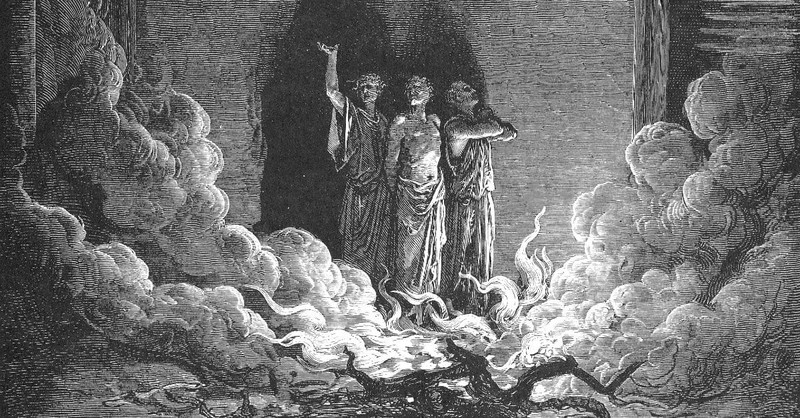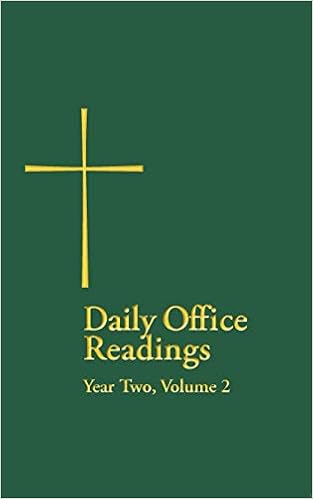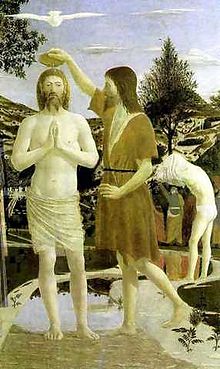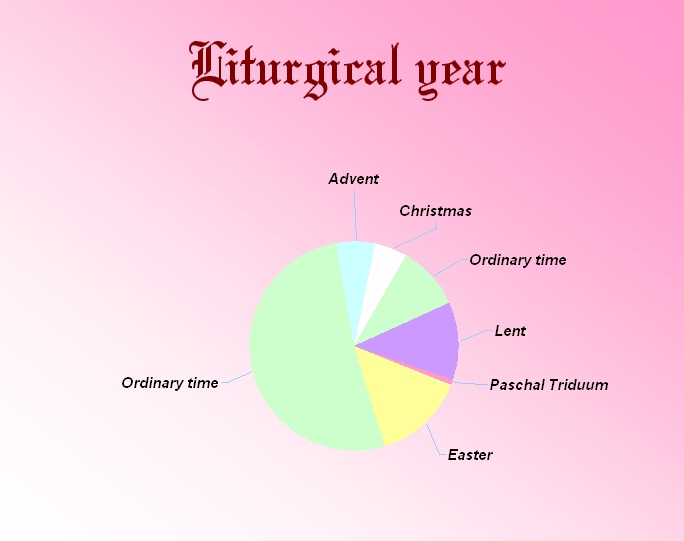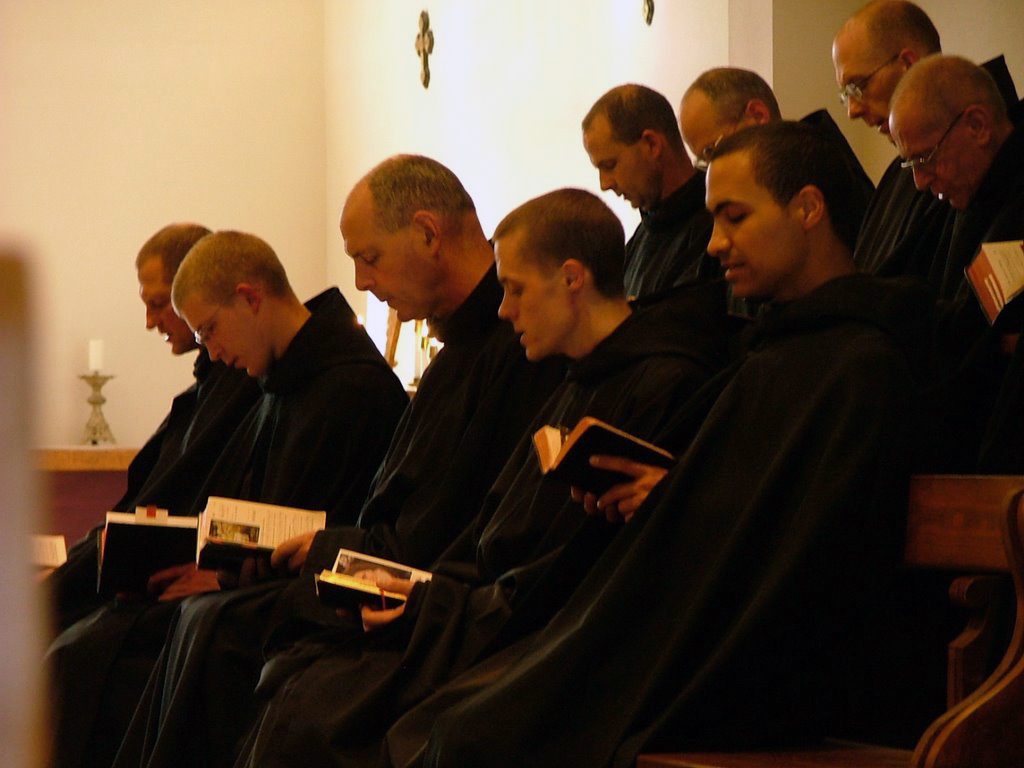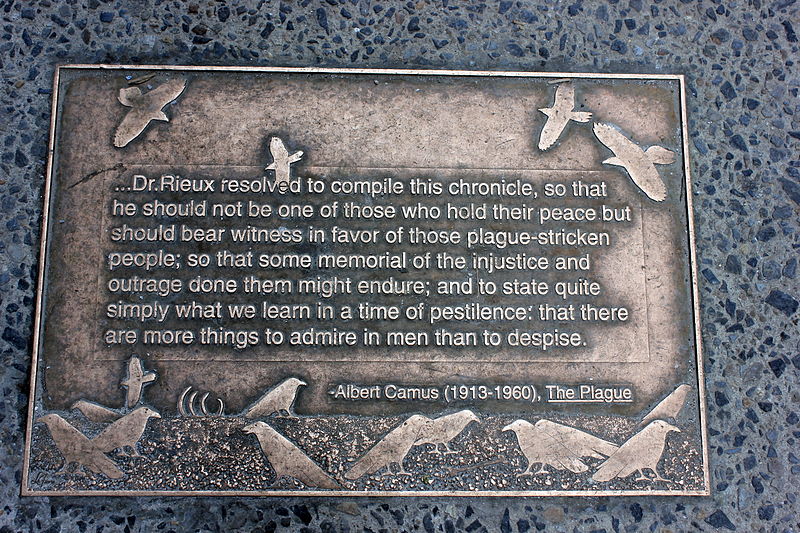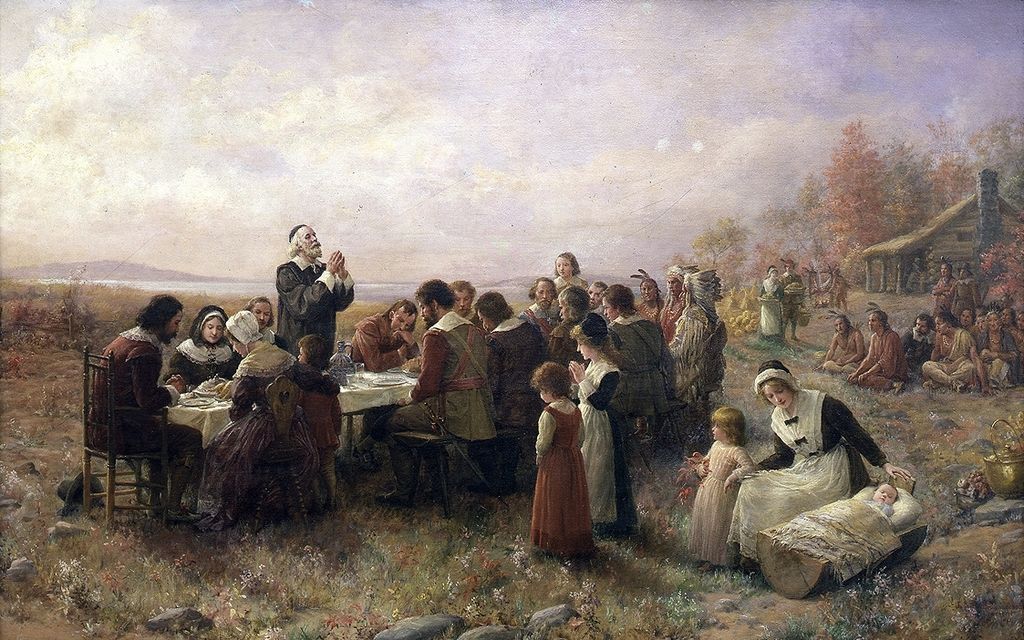* * * *
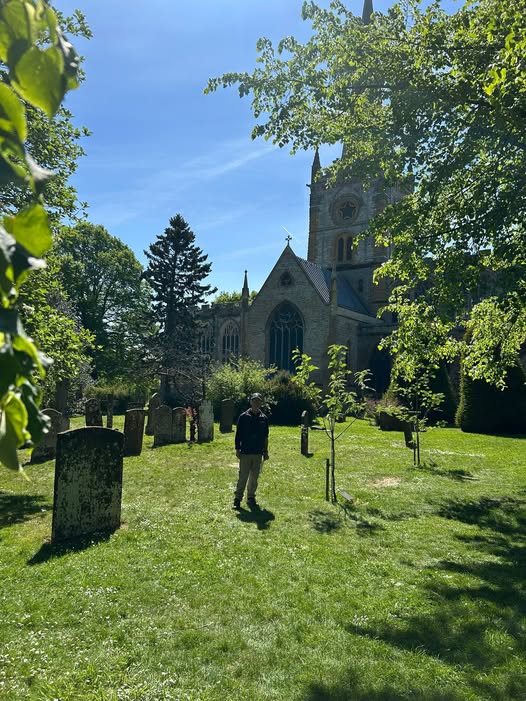
* * * *
May 24, 2025 – The next major feast days are Ascension Day – this year on Thursday, May 29 – and two days later comes the Visitation of the Blessed Virgin. (Mary’s visit to the expectant mother of John the Baptist.) I’ll cover those later, but first I’ll review just getting back from two weeks in England – and visiting four famous churches. (Foreshadowed in the last post.)
But before that: The Daily Office Gospel reading for Friday, May 23. Luke 8:40-56 tells the story of the Raising of Jairus’ daughter. It has lots of weeping and wailing – on the apparent death of the 12-year-old daughter of the leader of a synagogue – followed by (nervous?) laughter when Jesus tells mourners the girl is “not dead but sleeping.” Then came (for me) the really intriguing part; Luke 8:55, where – after He held her hand and told her to get up – “her spirit returned.”
Which in the past led me to ask, “Where the heck did her spirit go?”
That is, where did her spirit go between when she died and Jesus brought her back to life? Put another way, “Where did her soul go?” (Is there an appreciable difference between soul and spirit?) And how does all that relate to the concepts of Ensoulment and “life after life,” not to mention the First law of thermodynamics. (Which “First Law” says energy is neither created nor destroyed, “it simply changes form.” Which in turn means if a human soul is a form of energy, it too is neither created at the moment of conception, nor destroyed at the moment of death. For another view see Jeremiah 1:5, “Before I formed you in the womb I knew you.”)
Of course none of that parenthetic stuff answers the question, “Where the heck did her spirit go?” But here’s a thought: Maybe it’s something like leaving your home country to spend two weeks in the UK. (How’s that for a segue?) And maybe seeing four famous churches?
As indicated in the last post, late last Wednesday, May 7, I took a red-eye flight over to London. After spending May 8 recovering from jet lag, my travel partner and I took BritRail to Liverpool and Stratford-on-Avon. (Then came back to London for nine days before heading home.) And on the ride back to London – from Stratford – we visited the first of the four churches mentioned, “Shakespeare’s church,” officially known as Church of the Holy Trinity, Stratford-upon-Avon.
Now for some background. From London we took the train to Liverpool’s Lime Street Station, with its association to Brian Epstein and the Beatles. Next morning I fulfilled a life-long dream, taking the “Ferry ‘Cross The Mersey.” (Or at least a dream since 1964 when I first heard the Gerry and the Pacemakers’ song.) Later that afternoon we took a change-of-trains trip – halfway back – to Stratford, where I re-learned an English phrase, “What a cock-up!”
It had to do with a reservation problem, as in a reservation to an apartment right next door to Holy Trinity, which would have been really convenient for getting to church next morning. But the “cock-up” later worked out, as will be described in greater detail in my companion blog. (We ended up in what seemed to be a “Better Place,” spiritual metaphor intended.)
This post will (briefly) detail that Sunday morning visit to Shakespeare’s church.
First off I noted some similarities but also some differences with my church back home. For example, unlike back home (with none), Holy Trinity had four large video screens, each showing the words to each hymn and also a view of the Celebrant as he gave his sermon. (In part because the place was pretty big and also had side sections, where we ended up having to sit.) Plus images like a shepherd carrying a lamb to fit in with the Gospel reading.
Also, as I found out in the basement men’s room, Holy Trinity takes part in Twinning. That concept “links a toilet in the UK with a toilet in a developing country. By twinning a loo, you can raise funds to provide safe and hygienic toilets, education and support to communities in need.” And why? Because four and a half billion people across the world “do not have access to a safe toilet even though clean water and sanitation are basic human rights.” All of which gives a prime example of how travel broadens the mind. (Learning things you had no idea existed.)
I’ll write more on the other three churches in a bit, mostly because this post got side-tracked by all that about “spirits returning” and other such out-of-body or near-death experiences. Next up? Reflections on Ascension Day and Mary’s Visitation to the mother of John the Baptist.
* * * *

* * * *
The upper image is courtesy of my traveling companion. See also Church of the Holy Trinity, Stratford-upon-Avon – Wikipedia. The other churches – discussed in a later post or two – were Winchester Cathedral, Canterbury Cathedral, and St Paul’s Cathedral in London.
The Book of Common Prayer reference: The “corporate-mystical” prayer is on page 339, the post-communion prayer for Holy Eucharist, Rite I.
Feast days are designated days on the liturgical (church) calendar “set aside to commemorate events, saints, or doctrines that are important in the life of the Church. These can range from Solemnities, which are the highest-ranking feast days like Easter and Christmas, to optional memorials that celebrate lesser-known saints.” Feast Days: Celebrating the Church’s Calendar.
For this post I borrowed from “Her spirit returned” – and Ascension Day (May 2023). On the May 23 ’25 Gospel see The Lectionary – Satucket, for more information. The link NRSV takes you to the full readings for the week of May 18-24, including the Friday Gospel reading from Luke 8:40-56.
A segue is “a transition from one topic or section to the next.” Wikipedia.
In an out-of-body experience (OBE) a person “perceives the world as if from a location outside their physical body.” Wikipedia. See also Near-death experience – Wikipedia. Some say Paul had such an experience in 2d Corinthians 12; specifically verse 12. The NIV: “I know a man in Christ who fourteen years ago was caught up to the third heaven. Whether it was in the body or out of the body I do not know – God knows.” The New Living Translation reads, “I was caught up to the third heaven fourteen years ago…” See also Third Heaven: Near Death Experience of Paul? (Definitely a Rabbit Trail – see the last post-notes – but it leads to a good question: Did the daughter say something at the time on being “out of body,” but no one thought to write it down? On the other hand there’s Luke 8:56, “Her parents were overwhelmed, but Jesus insisted that they not tell anyone what had happened.”)
See also Mersey Ferries | Liverpool Ferry.
Re: Companion blog, The Georgia Wasp | A blog of life-reviews by an old guy who still gets a kick out of life. (But give me a day or three to get back up to speed on Liverpool and Stratford.)
Re: “Better place.” See ‘They’re In A Better Place” And The Christian White-Washing of Grief: “They may be well-meaning, but phrases like, ‘They’re in a better place’ or ‘It’s part of God’s plan’ can come across as either hollow or insensitive.” As one grieving person said, “At the time, all I really wanted to hear was ‘I’m here for you.’” (Something to keep in mind.)
Links to “twinning” include How twinning your toilet is a lifesaver – BBC, Toilet Twinning – Wikipedia, Home – Toilet Twinning.
Links to mind-broadening travel include Why travel broadens the mind, Traveling Opens Your Mind: Here’s How | GoAbroad.com, and How Does Travel Broaden the Mind? – Mindful Wonderer. The latter included the thought, “Discover the benefits of leaving your comfort zone,” a main theme of this blog, as in the July 2017 post, On “Comfort Zone Christians.”
The lower image is courtesy of The Raising of the Daughter of Jairus, 1881 – Gabriel von Max.
* * * *
